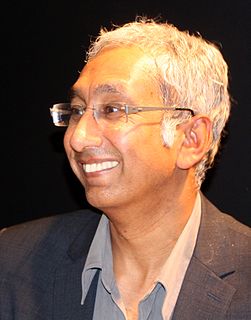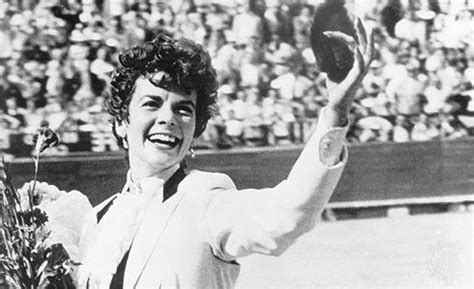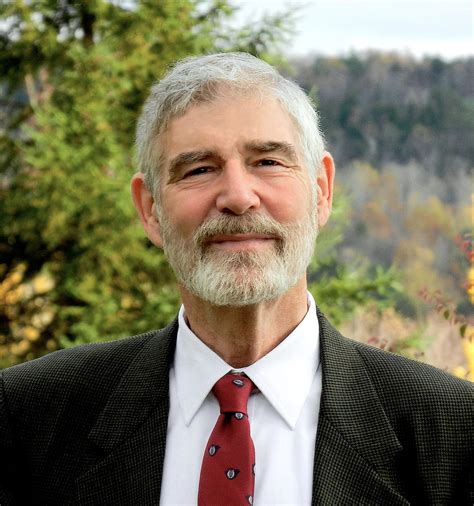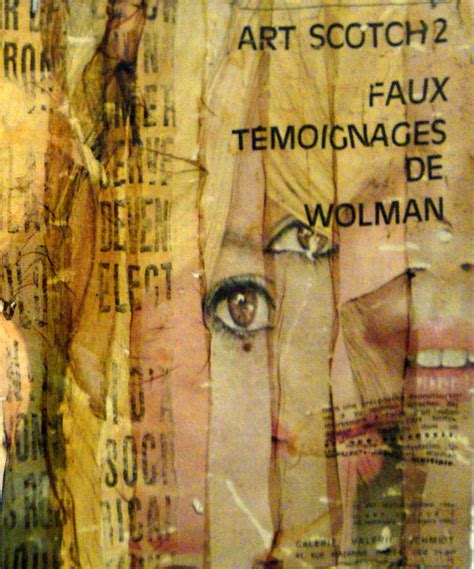A Quote by Herbert Read
Art is not and never has been subordinate to moral values. Moral values are social values; aesthetic values are human values. Morality seeks to restrain the feelings; art seeks to define them by externalizing them, by giving them significant form. Morality has only one aim - the ideal good; art has quite another aim - the objective truth... art never changes.
Related Quotes
We deem valuable whatever is likely to meet our needs or wishes (individual values) and whatever is likely to help protect or attain social goals (social values). However, this is not a dichotomy, for some individual values, such as truth, are needed to secure some social values, such as mutual trust, and some social values, such as peace, are required to pursue some individual values, such as good health.
Most people just aren't clear-eyed about the rural South. We think that the urban centers are the problem, and the rural areas across the country are idyllic, suffused with good old American values, social values, religious values, moral values. It's what we tell ourselves to keep this political power structure in place, and it's what we see in pop culture, too.
Genuine leadership is inherently moral. So the values chosen matter tremendously, and they must be values aligned with society (including the most universal statement of human values in history, the Universal Declaration of Human Rights, as well as clear values of sustainability evidenced in global declarations like the Stockholm and Rio Declarations.
One of the great arts in living is to learn the art of accurately appraising values. Everything that we think, that we earn, that we have given to us, that in any way touches our consciousness, has its own value. These values are apt to change with the mood, with time, or because of circumstances. We cannot safely tie to any material value. The values of all material possessions change continually, sometimes over night. Nothing of this nature has any permanent set value. The real values are those that stay by you, give you happiness and enrich you. They are the human values.
I'm not saying that atheists can't act morally or have moral knowledge. But when I ascribe virtue to an atheist, it's as a theist who sees the atheist as conforming to objective moral values. The atheist, by contrast, has no such basis for morality. And yet all moral judgments require a basis for morality, some standard of right and wrong.
It is this language of values which I hope to bring to my books. . . . I want to bring values to those who have not been valued, and I want to etch those values in terms of the ideal. Young people need ideals which identify them, and their lives, as central . . . guideposts which tell them what they can be, should be, and indeed are.
Nature hates vacuum. Once a society is depleted of moral values, it creates a vacuum that will be filled by doctrines that hold to such values, even though those values are draconian and oppressive. In fact the more a society is devoid of morality, the more promising prudish and unpermissive doctrines look. Licentious societies create a spiritual vacuum that legalistic religions such as Islam fill.
Moral questions may not have objective answers-whether revealed by God or by science-but they do have rational ones, answers rooted in a rationality that emerges out of social need. That rationality can only be discovered through exercising the human potential for rational dialogue, the potential for thinking about the world, and for discussing, debating and persuading others. Values can never be entirely wrenched apart from facts; but neither can they be collapsed into facts. It is the existence of humans as moral agents that allows us to act as the bridge between facts and values.
Wherefrom are human values to be derived and how are they to be developed? Human values are born along with human birth. They exist in union. Unfortunately, man today separates himself from human values and yet wants to live as a human being. To recover human values, man has to take the spiritual path.
Bullfighting is anachronistic - you enter into a bullring and you're leaving behind the values of the world outside the ring. I suppose that what I would want to acknowledge is that perhaps the tension, the crucial tension, isn't necessarily between the view of bullfighting as a tradition versus as an art form, but between the values inside the ring and the values outside the ring.
There are indeed 'values' in the Harry Potter series, but they're confused with anti-values. Potterworld is a scrambled moral universe. There are Christian symbols in the series, but the author misappropriates them, mutates them, and integrates them into a supposedly larger and broader system where evil symbols are dominant.







































